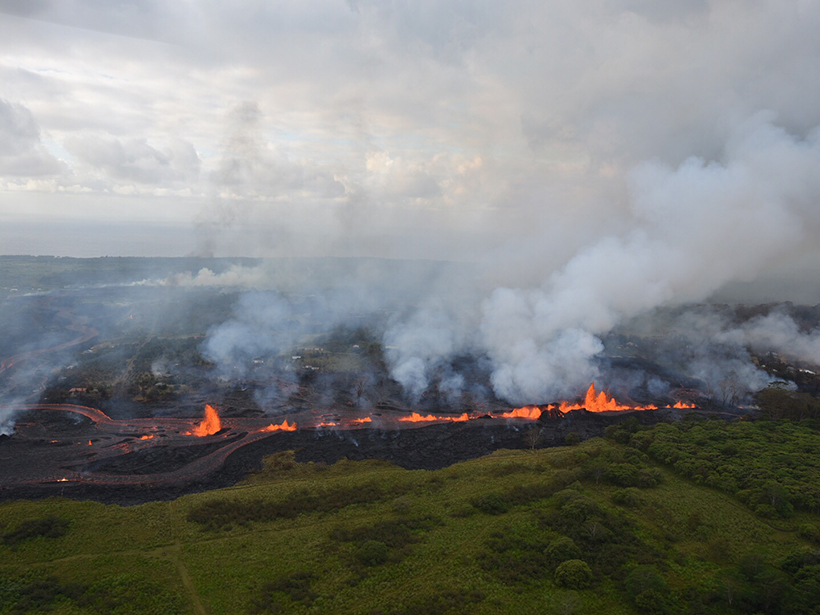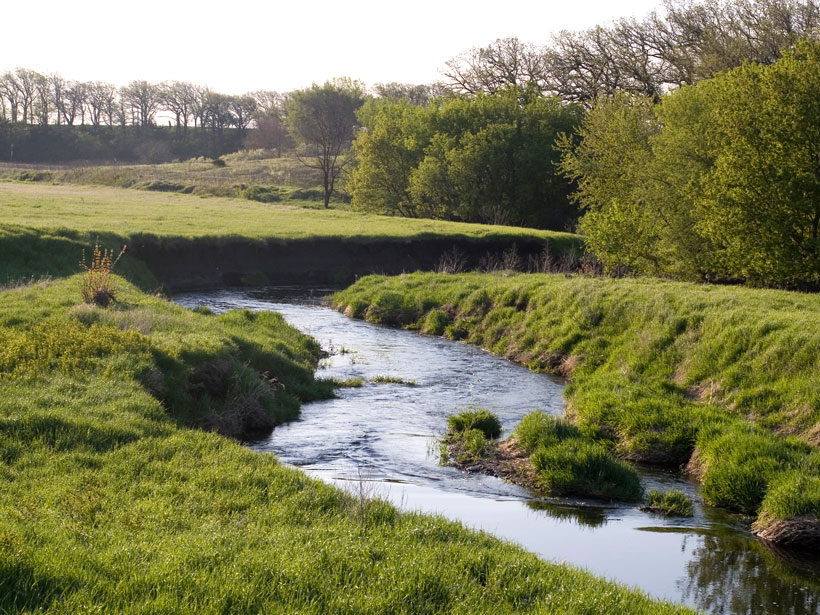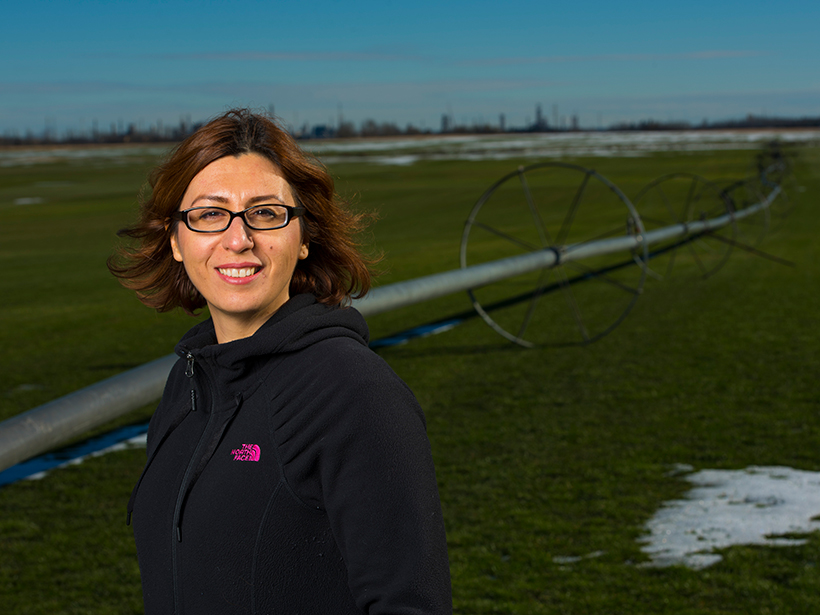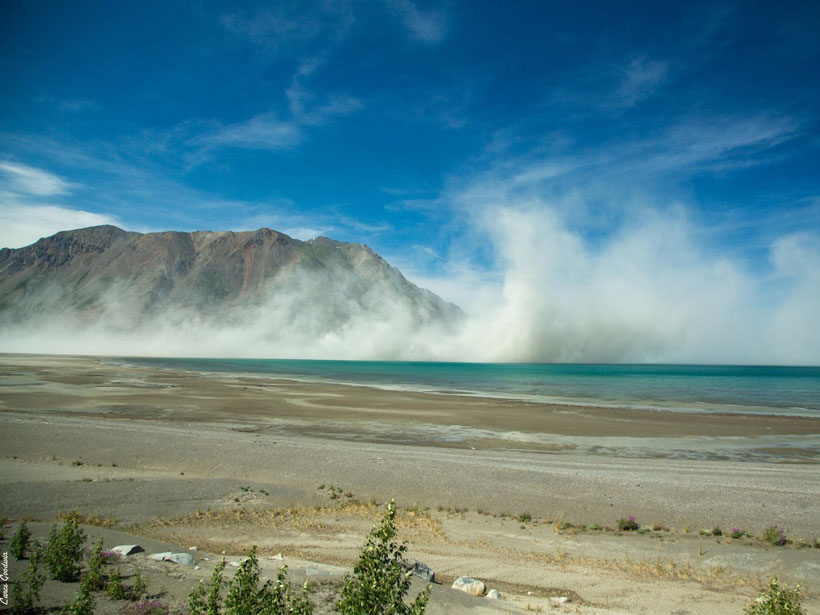Remote sensing technology proves effective in monitoring key regions of the world’s oceans, where upwelling and other essential ecosystem services occur.
News
Sinking Fish May Fast-Track Mercury Pollution to the Deep Sea
Isotopic analysis indicates that mercury found in deep-sea organisms may have an origin in carrion from near the surface.
Mount Everest Can Sometimes Feel Lower Than K2
Variations in air pressure on the top of Mount Everest affect oxygen availability, changing the perceived elevation of the summit by hundreds of meters.
The Debate over the United Nations’ Energy Emissions Projections
A new study finds the economic factor driving the divergence between emissions trajectories in climate assessments and reality.
Wildfires May Exacerbate Asthma in the Western United States
A new study predicts that by the 2050s, wildfire smoke will cause the region to spend $850 million more every year to treat asthma.
Corn Syrup Reveals How Bubbles Affect Lava’s Flow
New research shows that huge bubbles can change the viscosity of lava and drastically affect how it moves across the landscape.
Waterways Change as Cities Grow Nearby
Using multidecadal data sets, researchers have traced how urbanization affects streamflow across the continental United States.
Students Monitor Campus Noise in Seismic Silence
Researchers are engaging their students with low-cost seismology research to monitor local noise on campus.
Rethinking the Concept of Virtual Water in the Global Trade Market
Discussions around global trade are starting to consider the water it takes to produce exported goods. Some scientists argue that this approach should take a regional rather than global perspective.
Dust from Receding Glaciers May Have Major Atmospheric Impacts
New research is helping scientists understand how Arctic dust created by receding glaciers affects local air quality and global climate.










